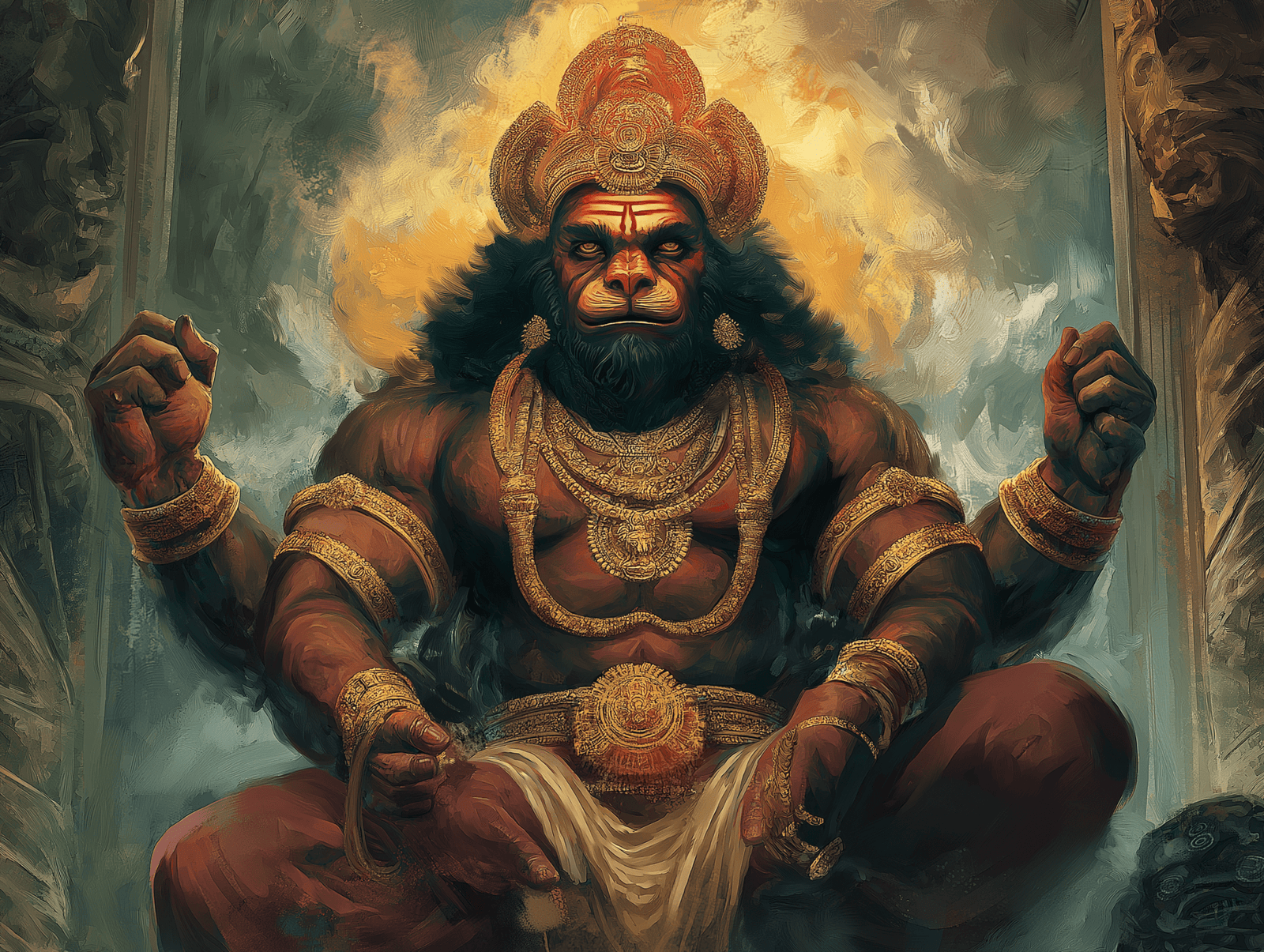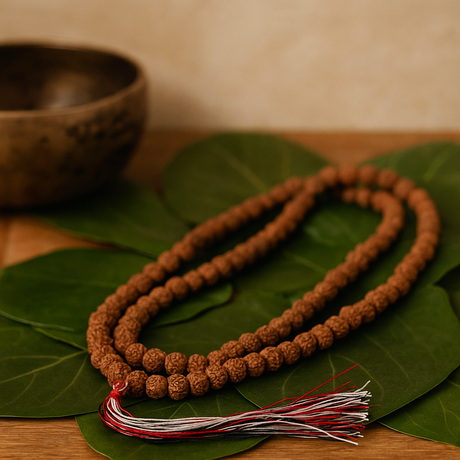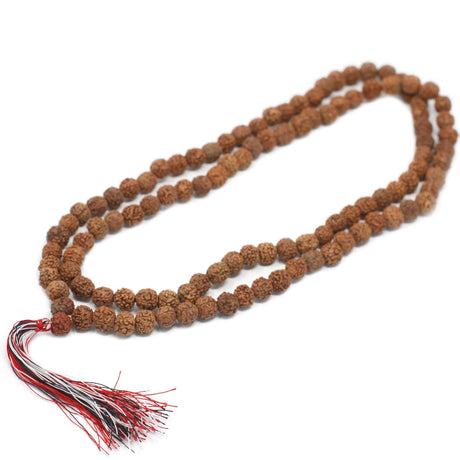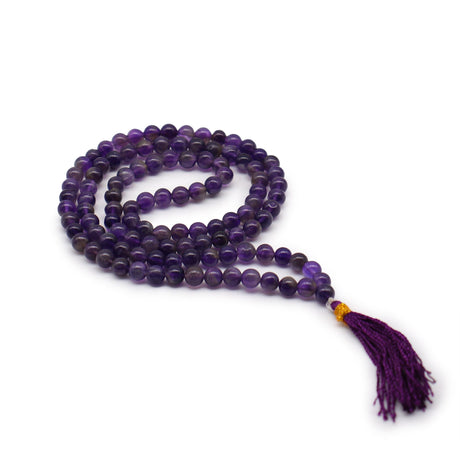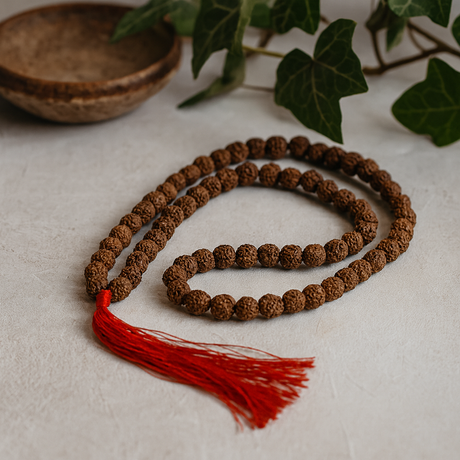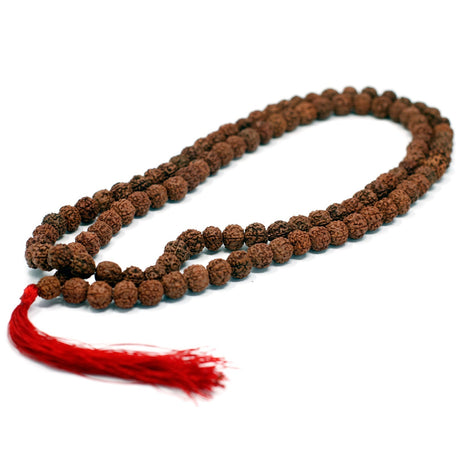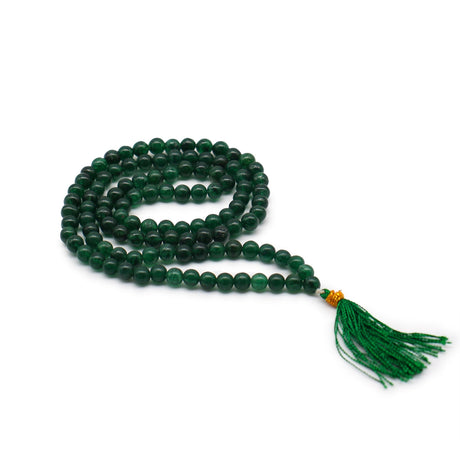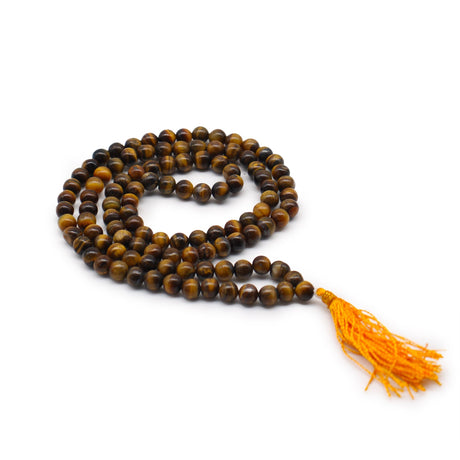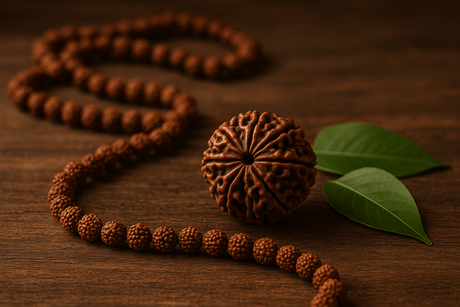
Strophe 1:
नमस्ते नरसिंहाय
प्रह्लादाह्लाद-दायिने
हिरण्यकशिपोर् वक्षः-
शिला-टङ्क-नखालये
Transliteration:
namas te narasiṁhāya
prahlādāhlāda-dāyine
Hiranyakaśipor Vakṣaḥ
śilā-ṭaṅka-nakhālaye
Übersetzung:
„Ich bringe Lord Narasimha meine Ehrerbietung dar, der Prahlada Freude bringt und dessen Klauen wie Meißel auf der steinernen Brust des Dämons Hiranyakashipu sind.“
Bedeutung:
- Narasimha : Die Gestalt des Herrn als Halbmensch (Nara) und Halblöwe (Simha).
- Prahlādāhlāda-dāyine : Narasimha schenkt seinem Anhänger Prahlada Glück und symbolisiert göttlichen Schutz und Gnade.
- Hiraṇyakaśipor vakṣaḥ-śilā-ṭaṅka-nakhālaye : Seine Klauen werden mit Meißeln verglichen, die die harte, steinartige Brust von Hiranyakashipu, dem Dämon, der sich dem Dharma (der Rechtschaffenheit) widersetzte, zerrissen.
Dieser Vers unterstreicht die Rolle des Herrn Narasimha als Zerstörer des Bösen (dargestellt durch Hiranyakashipu) und Beschützer der Gläubigen (Prahlada). Seine wilde Gestalt, insbesondere seine Klauen, werden als Mittel zur Zerstörung der Arroganz und Grausamkeit des Dämons hervorgehoben.
Strophe 2:
इतो नृसिंहः परतो नृसिंहो
यतो यतो यामि ततो नृसिंहः
बहिर्नृसिंहो हृदये नृसिंहो
नृसिंहम् आदिं शरणं प्रपद्ये
Transliteration:
ito nṛsiṁhaḥ parato nṛsiṁho
yato yato yāmi tato nṛsiṁhaḥ
bahir nṛsiṁho hṛdaye nṛsiṁho
nṛsiṁham ādim śaraṇam prapadye
Übersetzung:
„Lord Nṛsiṁha ist hier und Er ist auch dort. Wohin ich auch gehe, ist Lord Nṛsiṁha da. Er ist draußen und Er ist in meinem Herzen. Ich gebe mich Lord Nṛsiṁha hin, der ursprünglichen Quelle von allem und meiner höchsten Zuflucht.“
Bedeutung:
- ito nṛsiṁhaḥ parato nṛsiṁho : „Narasimha ist hier und dort“, was bedeutet, dass der Herr allgegenwärtig ist, in alle Richtungen gegenwärtig.
- yato yato yāmi tato nṛsiṁhaḥ : „Wohin ich auch gehe, Narasimha ist da“, was seine Allgegenwart und die Vorstellung unterstreicht, dass sein Schutz unabhängig vom Ort konstant ist.
- bahir nṛsiṁho hṛdaye nṛsiṁho : „Er ist draußen und er ist in meinem Herzen“, was sowohl die äußere als auch die innere Präsenz des Göttlichen darstellt.
- nṛsiṁham ādim śaraṇam prapadye : „Ich nehme Zuflucht bei Narasimha, der ursprünglichen Quelle“, und betont die Hingabe an Narasimha als den ultimativen Beschützer und Ursprung des Universums.
Dieser Vers drückt die allumfassende Gegenwart des Gottes Narasimha und die völlige Hingabe des Gläubigen an ihn aus. Er vermittelt den Glauben, dass Gott, egal wo wir uns befinden, innerlich oder äußerlich, immer gegenwärtig ist, um uns zu beschützen und zu führen.
Vers 3:
तव कर-कमल-वरे नखम् अद्भुत-शृङ्गम्
दलित-हिरण्यकशिपु-तनु-भृङ्गम्
केशव धृत-नरहरि-रूप जय जगदीश हरे
Transliteration:
tava kara-kamala-vare nakham adbhuta-śṛṅgam
dalita-hiraṇyakaśipu-tanu-bhṛṅgam
keśava dhṛta-narahari-rūpa jaya jagadīśa Hase
Übersetzung:
Deine Lotoshände halten Nägel wie wundervolle Hörner. Mit ihnen hast du den Körper des mächtigen Dämons Hiranyakashipu zerrissen, als würde eine Wespe zerquetscht. O Keshava, der du die Gestalt von Narahari (halb Mensch, halb Löwe) angenommen hast, alle Ehre sei dir, Herr des Universums!
Bedeutung:
- tava kara-kamala-vare nakham adbhuta-śṛṅgam : Bezieht sich auf Narasimhas göttliche Nägel, die, obwohl wild, immer noch Teil seiner lotusähnlichen Hände sind und sowohl die Vernichtung des Bösen als auch das Mitgefühl für die Anhänger symbolisieren.
- dalita-hiraṇyakaśipu-tanu-bhṛṅgam : Beschreibt die Zerstörung von Hiranyakashipu, dessen Körper mit einer Wespe verglichen wird, und veranschaulicht die Bedeutungslosigkeit des Bösen im Vergleich zur Macht des Herrn.
- keśava dhṛta-narahari-rūpa jaya jagadīśa hare : Lobt Lord Keshava (Vishnu), der die Gestalt von Narahari (halb Mensch, halb Löwe) annahm, um das Universum zu retten, und verkündet dem Herrn der Welt den Sieg.
Dieser Vers feiert den Sieg des Gottes Narasimha über Hiranyakashipu und symbolisiert den Triumph des Guten über das Böse. Er rühmt die einzigartige Gestalt des Gottes und seine göttliche Bestimmung, das Universum zu beschützen.
Allgemeine Bedeutung:
Das Mantra lobt Lord Narasimha als göttlichen Beschützer und Zerstörer des Bösen. Es betont seine Allgegenwart, sein mitfühlendes Wesen gegenüber seinen Anhängern (wie Prahlada) und seine unbändige Macht, böse Mächte zu vernichten (wie Hiranyakashipu). Das Mantra vermittelt ein Gefühl der Hingabe, des Mutes und der Hingabe und ruft den Schutz des Herrn im physischen und spirituellen Bereich an.
Durch das Singen dieses Mantras bringen Gläubige ihren Glauben an den allgegenwärtigen und allmächtigen Gott Narasimha zum Ausdruck und suchen seinen Schutz und seine Gnade in allen Aspekten des Lebens.
